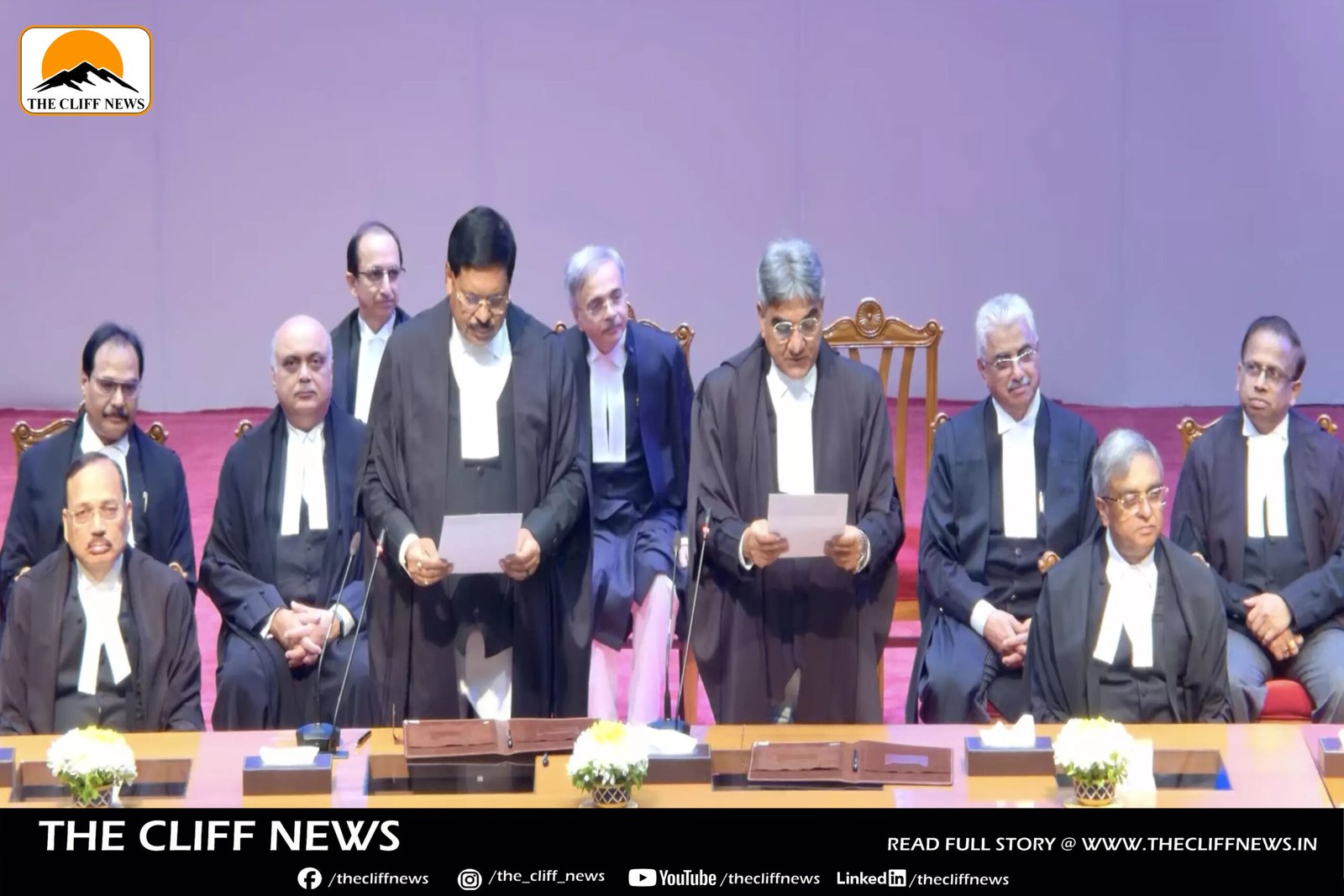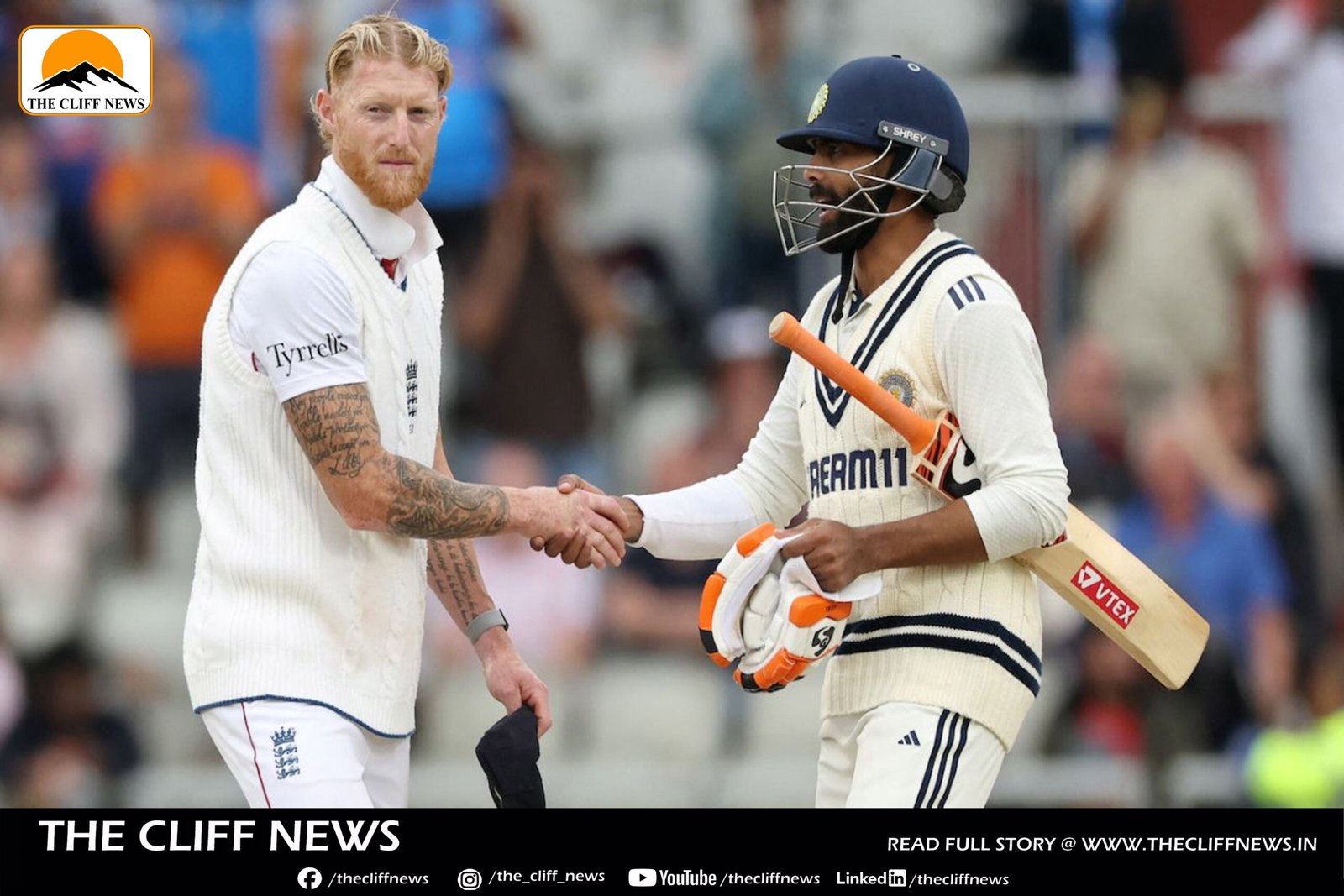Expressing discontent over Colombia’s recent response to India’s counter-terror operations, Congress MP Shashi Tharoor stated that there can be no equivalence between nations defending themselves and those supporting or dispatching terrorists. Tharoor, currently visiting Colombia as part of India’s global outreach campaign following the April 22 Pahalgam terror attack, emphasized that the Indian delegation was “disappointed” by Colombia’s reaction.
Speaking from Bogotá, Tharoor said, “We were a little disappointed in the reaction of the Colombian government, which apparently expressed heartfelt condolences on the loss of lives in Pakistan after the Indian strikes, rather than sympathising with the victims of terrorism.” He underscored that India had acted in self-defence, following confirmed evidence that Pakistan-sponsored groups were responsible for the Pahalgam massacre that killed 26 civilians.
Drawing a parallel between Colombia’s own history with terrorism and India’s four-decade-long struggle, Tharoor added, “Just as Colombia has endured many terror attacks, so have we in India.” He invited Colombian officials to engage in deeper discussions to understand India’s perspective and the basis of its actions.
Tharoor also took aim at China’s support to Pakistan, noting that 81 percent of Pakistani defence equipment is sourced from China. “Defence is a polite word. Much of this equipment is used for attack, not defence. Our issue is with the use of terror against us,” he stated. He further referenced the China-Pakistan Economic Corridor as a concern.
The Indian delegation, which includes MPs from various political parties including BJP, Shiv Sena, JMM, and TDP, along with former ambassador Taranjit Singh Sandhu, is on a diplomatic mission to explain India’s counter-terrorism stance to the international community. Before arriving in Colombia, the group visited Panama and Guyana, and they are scheduled to meet with Colombian lawmakers, ministers, think tanks, and media representatives.
India’s global outreach, comprising seven multi-party delegations, aims to engage with 33 global capitals following the deadly Pahalgam attack. Tensions between India and Pakistan flared after the April 22 attack, with India launching precision strikes on May 7 against terror infrastructure in Pakistan and Pakistan-occupied Kashmir. Pakistan responded with attempted strikes on Indian military installations between May 8 and 10, but Indian forces retaliated strongly. The hostilities ended after both nations’ directors general of military operations agreed to halt further action on May 10.



